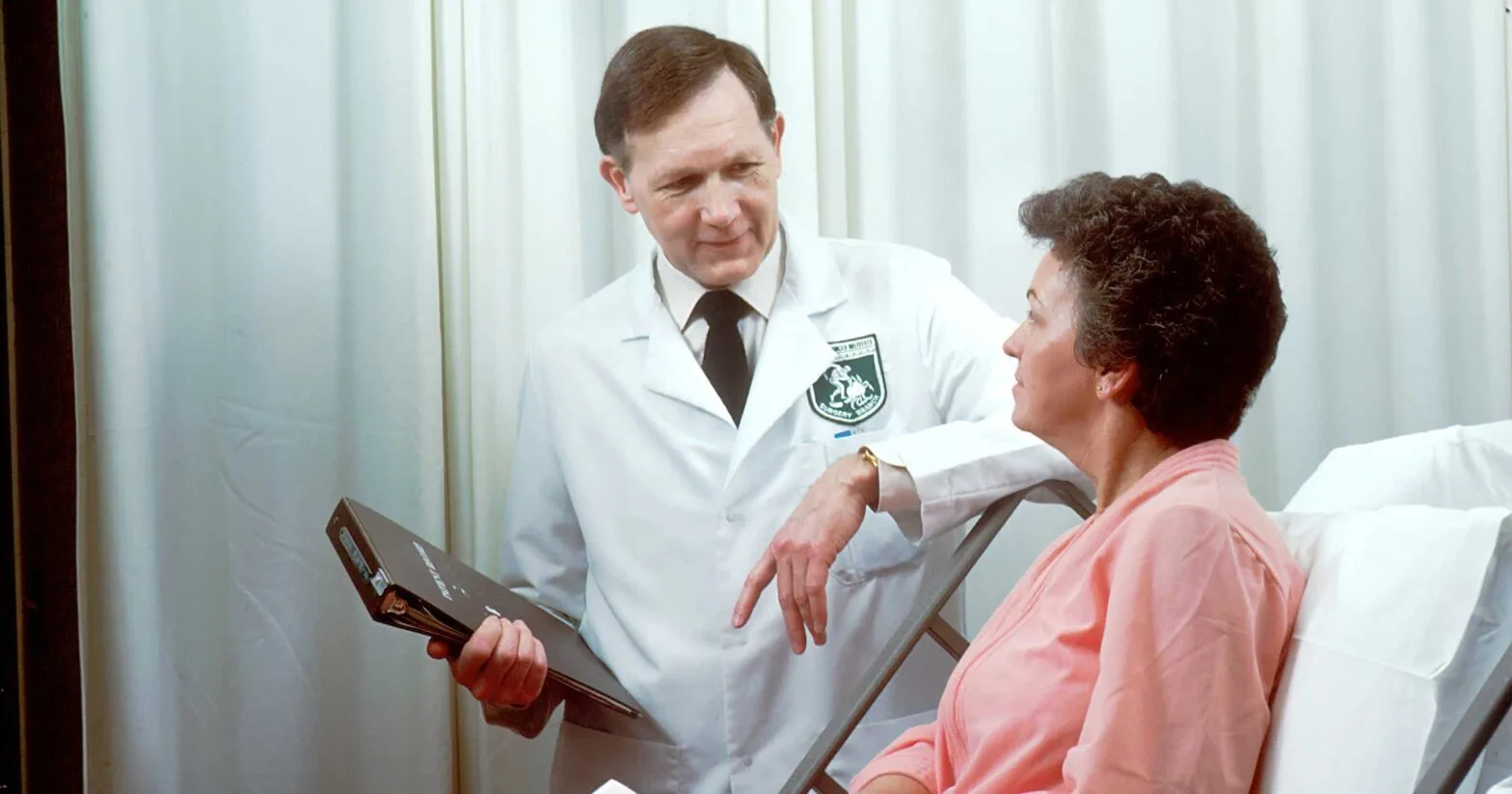Posted on: January 20, 2023
There are so many reasons why medical practices might receive improper payments. It could be unintentional where your received payment even after not meeting program requirements. While medical billing frauds are intentional where practices might through up-coding and unbundling try to receive more insurance reimbursements than allowed. For differentiating between improper payments and medical billing fraud, let’s begin by defining improper payments.
Improper payments represent payments that do not meet program requirements. The vast majority of improper payments occur in situations where there was an unintentional payment error or a reviewer cannot determine if a payment was proper due to insufficient payment documentation from a state, or a provider. Improper payments do not necessarily represent expenditures that should not have occurred and can include both overpayments and underpayments where there is insufficient documentation to determine if a payment is proper in accordance with program payment requirements.
Improper payments occurs when you miss a state’s eligibility requirements or pay to an ineligible provider. For example, a majority of improper payments are due to instances where the information required for payment was missing, documentation that an eligibility determination was made correctly was missing from the state system, states did not follow the appropriate process for enrolling providers, and/or states did not follow the appropriate process for determining beneficiary eligibility.
A smaller proportion of improper payments are instances where there was sufficient documentation to determine that payments should not have been made or should have been made in different amounts, which are considered monetary losses to the Federal Government (e.g., medical necessity, incorrect coding, and other errors).
Medical billing fraud can occur in a variety of ways. Some of the most common ones are up-coding, unbundling, and billing for services that were not provided. When a provider submits a fraudulent bill for payment, they may be liable under the False Claims Act, and whistleblowers play a critical role in exposing this kind of fraud.
There are three major kinds of medical billing frauds:
Up-coding, also known as up encoding, is a kind of medical billing fraud that occurs when a provider sends a bill to Medicare or another payer for a more expensive service than the one actually performed. For example, the provider might:
Up-coding is a form of fraud that occurs when physicians knowingly or unknowingly exaggerate the value of a patient’s care to overcharge Medicare for services.
Unbundling is defined as the billing of one unit of work under several codes. For example, a physician might order a panel of blood tests for a particular patient. The laboratory receiving the order commits fraud if, instead of billing for the panel, it attempts to increase its income by billing separately for each test conducted.
Medical billing fraud happens when, for example, a diagnostic testing lab submits a bill claiming it has performed both a two-dimensional CAT scan and a sophisticated 3D scan and analysis, when, in fact, only the 2D scan was performed or when an emergency room claims that it performed surgery on a patient when it did not; these examples of medical billing fraud are against the law.
The absence of a skilled medical billing team might lead to improper payments and unintentional billing fraud. Whether improper payments or medical billing fraud, it might happen due to the absence of a skilled medical billing team.




We are here to help you. Send us a message and we will get back to you!